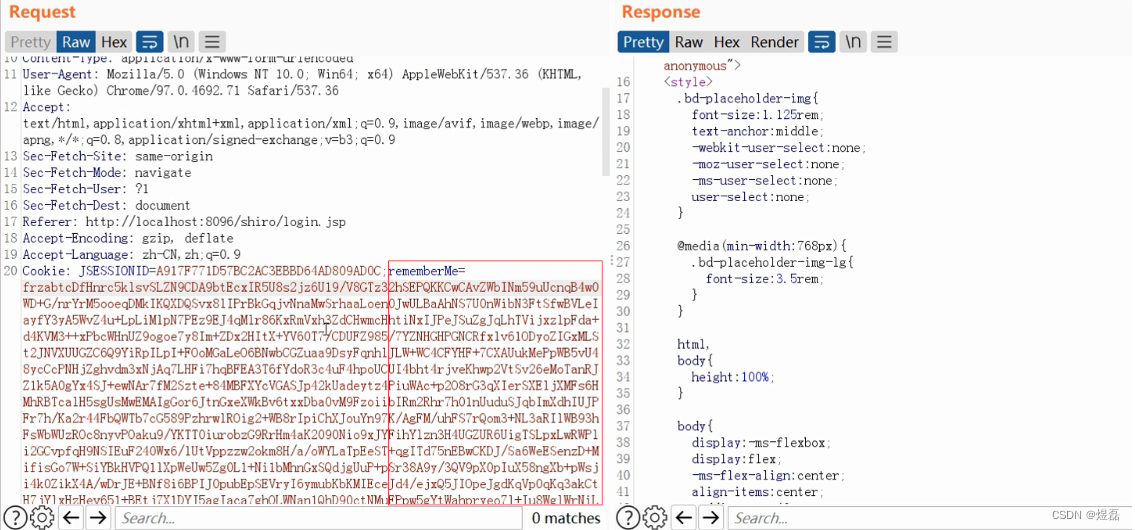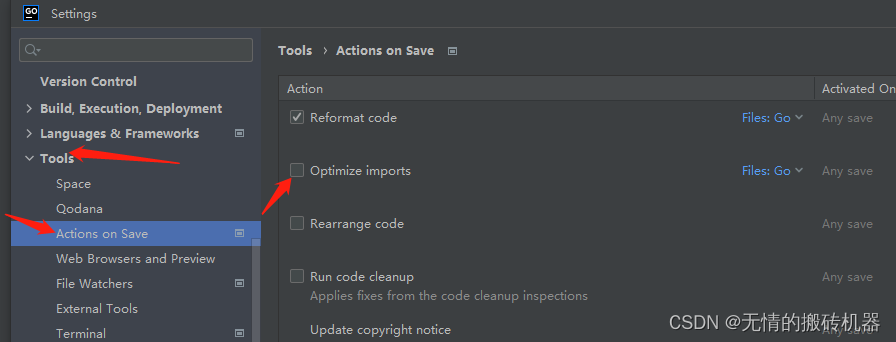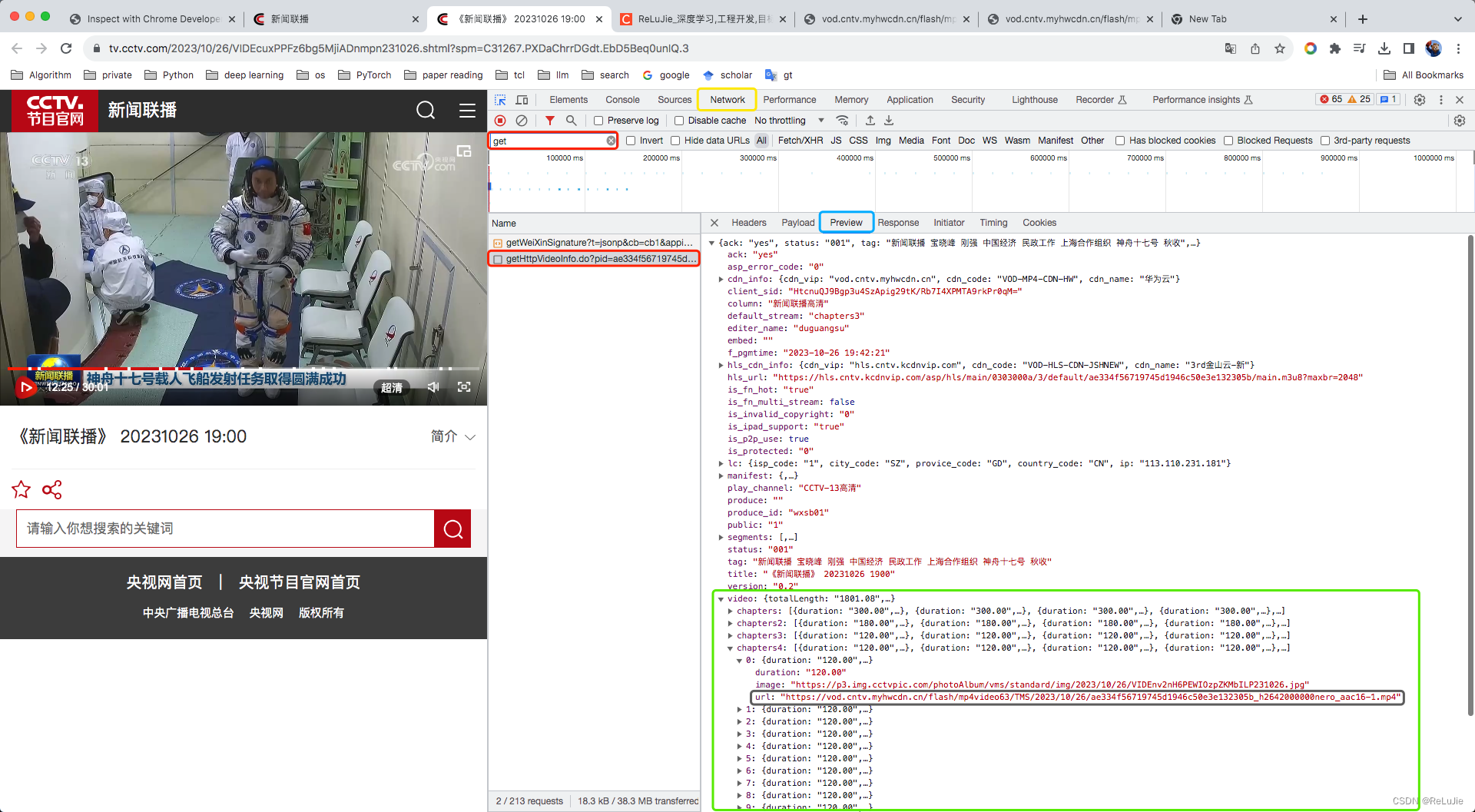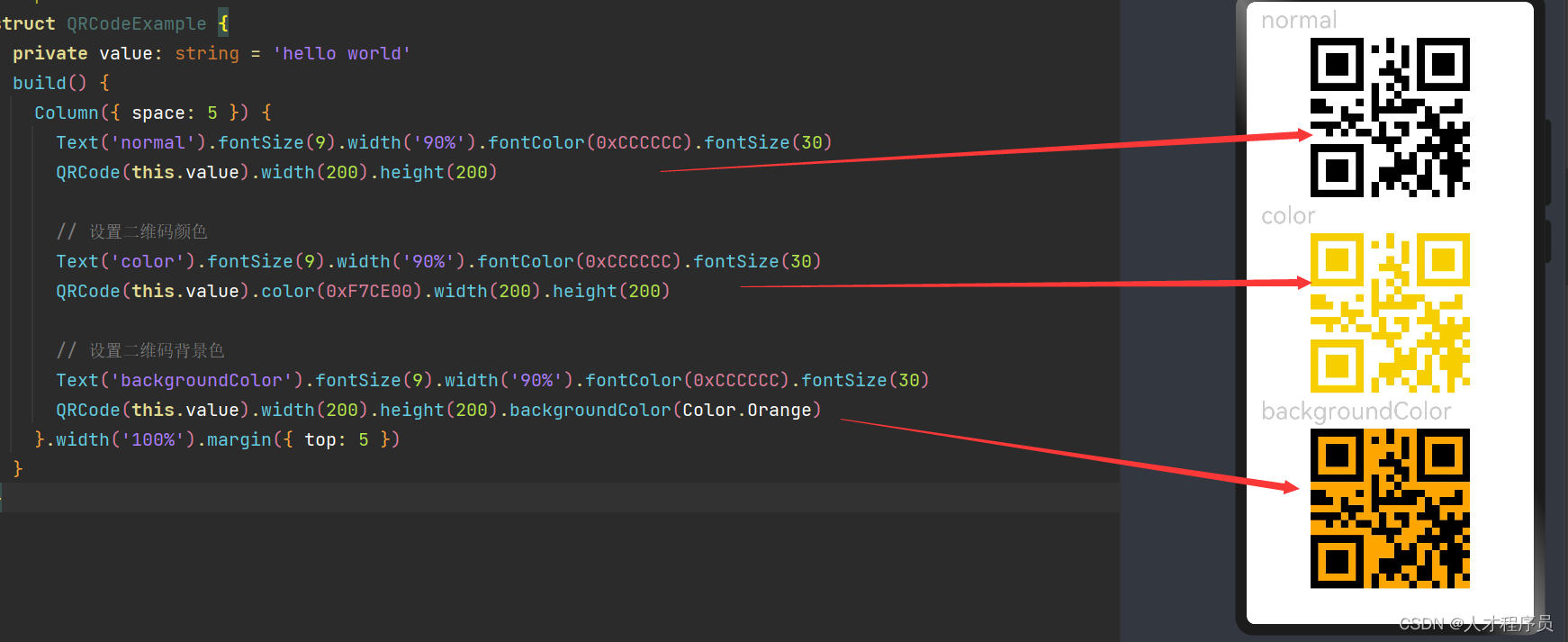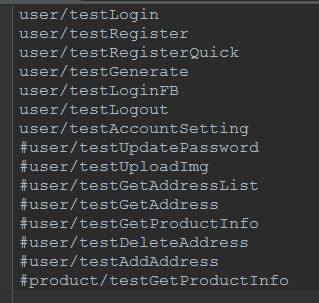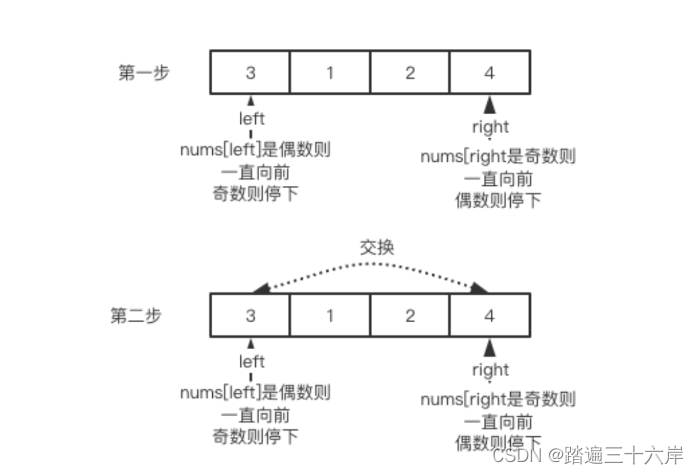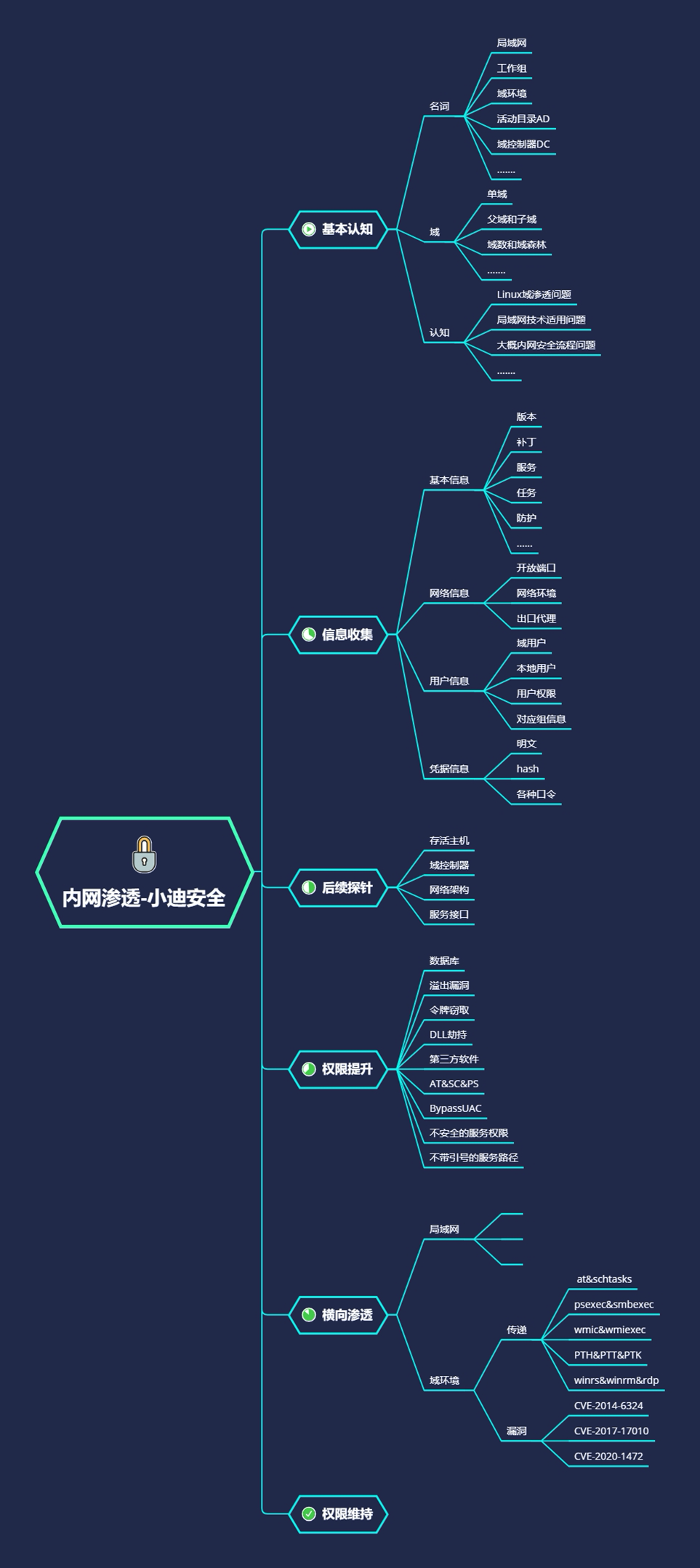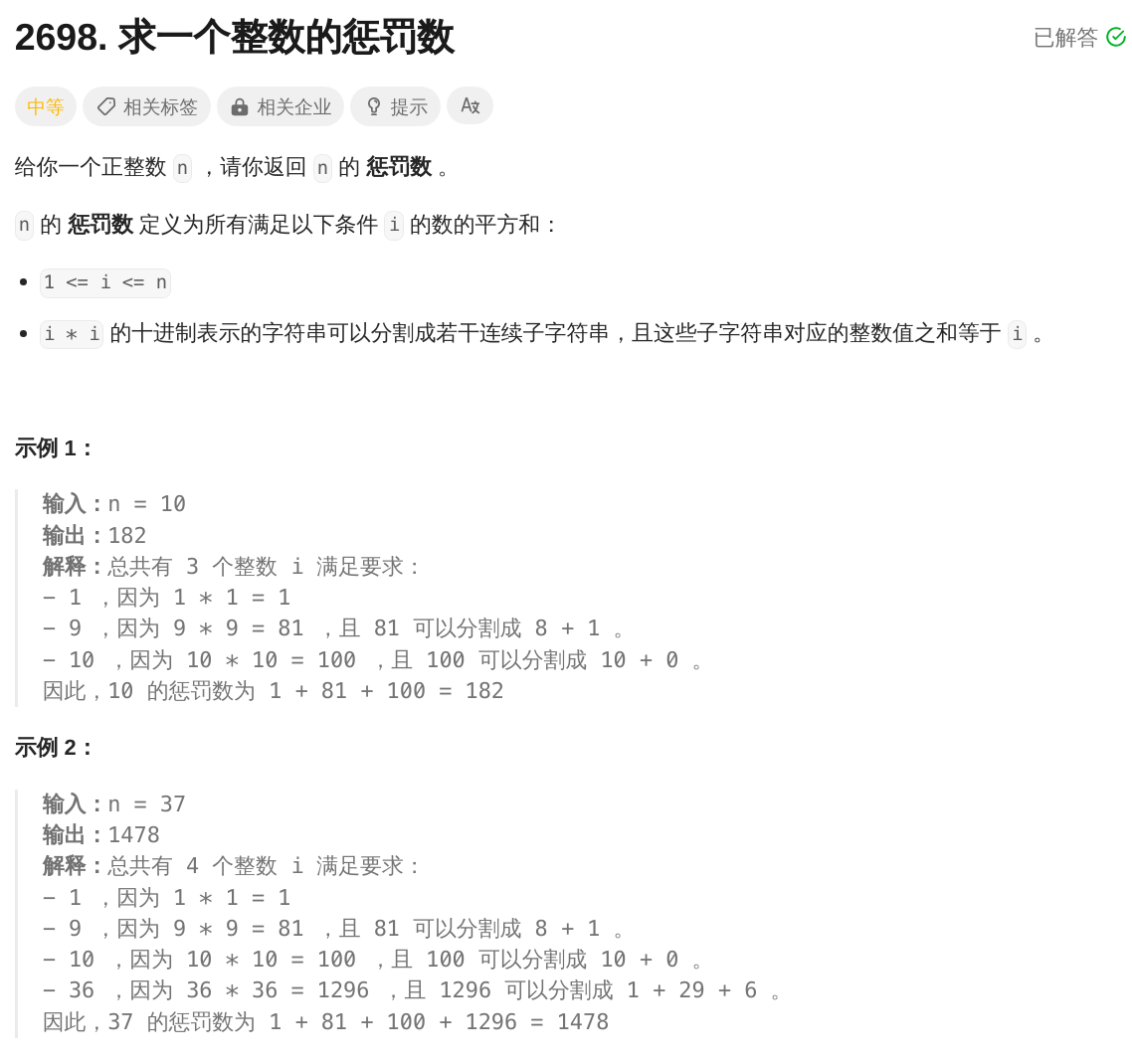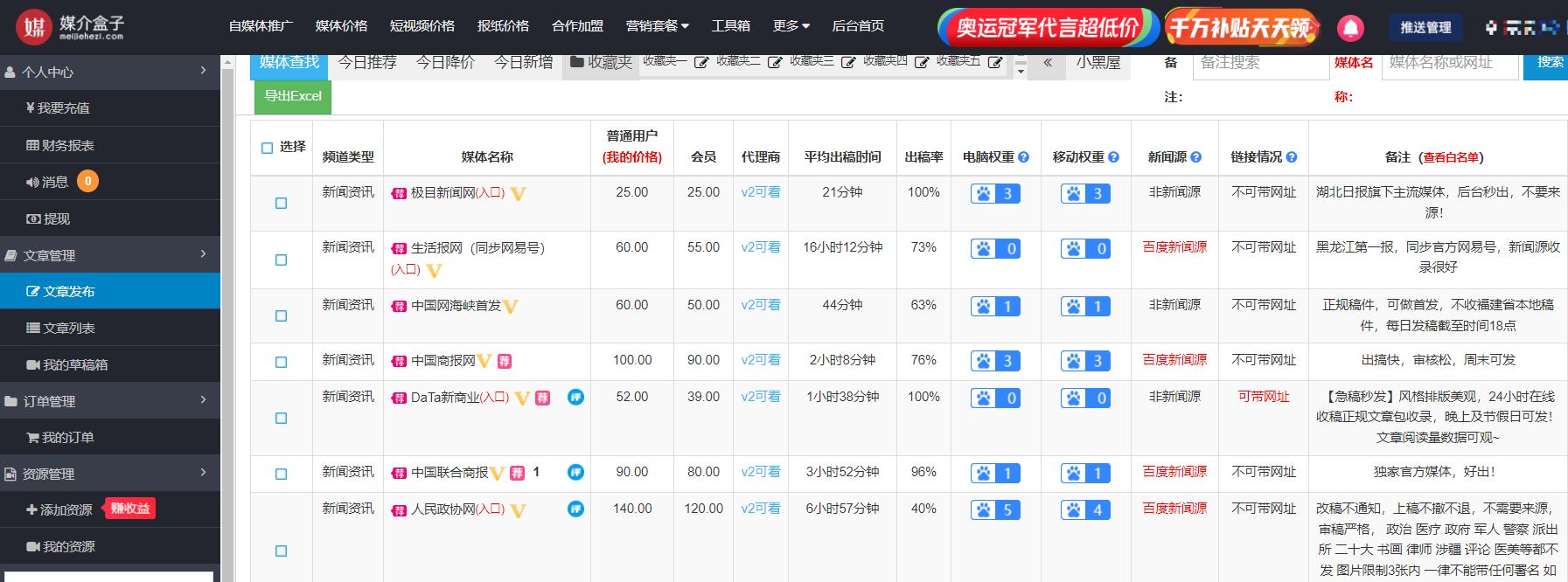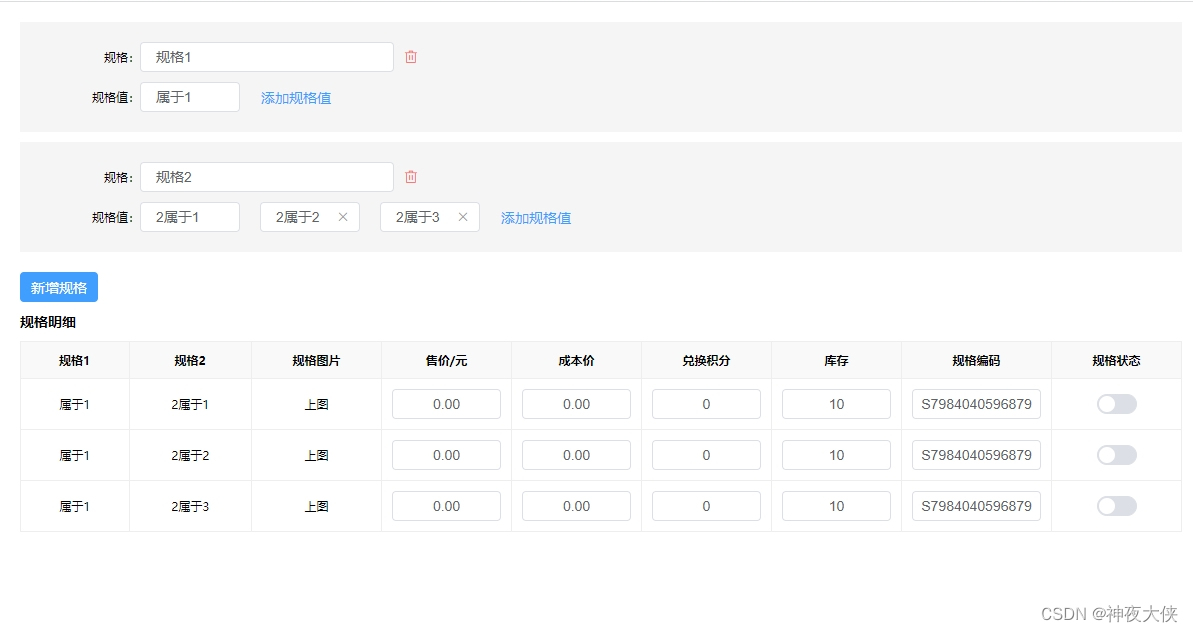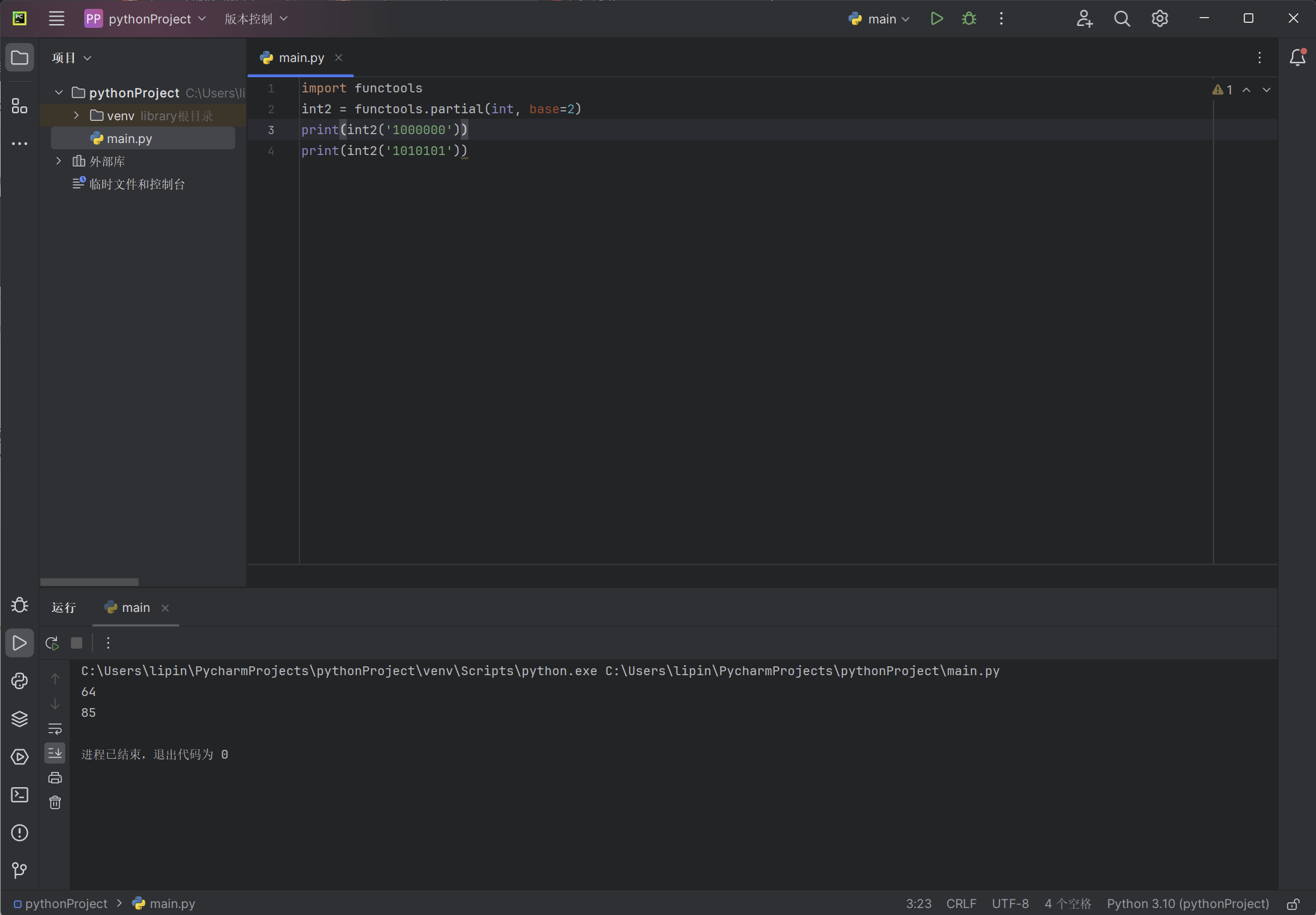文章目录
- 1.函数调用运算符重载
- 2.强制类型转换运算符重载
- 2.1对运算符的认识
- 2.2类型强制转换运算符
1.函数调用运算符重载
class Display
{
public:
void operator()(string text)
{
cout << text << endl;
}
};
class Add
{
public:
int operator()(int v1, int v2)
{
return v1 + v2;
}
};
int main()
{
Display Print;
Print("hello world");
Add add;
int ret = add(10, 10);
cout << "ret = " << ret << endl;
//匿名对象调用
cout << "Add()(100,100) = " << Add()(100, 100) << endl;
return 0;
}

2.强制类型转换运算符重载
2.1对运算符的认识
C++ 中类型的名字/类的名字本身是一种类型强制转换运算符
2.2类型强制转换运算符
- 单目运算符
- 可以被重载为成员函数[不能被重载为全局函数]
重载
int类型强制转换运算符
class Test
{
public:
Test(int a = 0, int b = 0)
:_a(a)
, _b(b)
{
}
//重载 强制类型转换运算符时
// 返回值类型是确定的
// 即运算符本身代表的类型
// 不需要指定返回值类型
operator int()
{
return _a;
}
private:
int _a;
int _b;
};
int main()
{
Test obj(10, 20);
//obj.operator int()
cout << (int)obj << endl; //10
//类A如果对int进行了 强制类型转换运算符重载
//那么类A的对象参与含int这个类型的表达式时
//该类A的对象就会调用operator int()
// 即类A的对象一旦出现在含int这个类型的表达式时
// 这个对象在此处的值就是调用operator int()这个函数的返回值
int n = 5 + obj; //int n = 5 + obj.operator int()
cout << n << endl; //15
}



